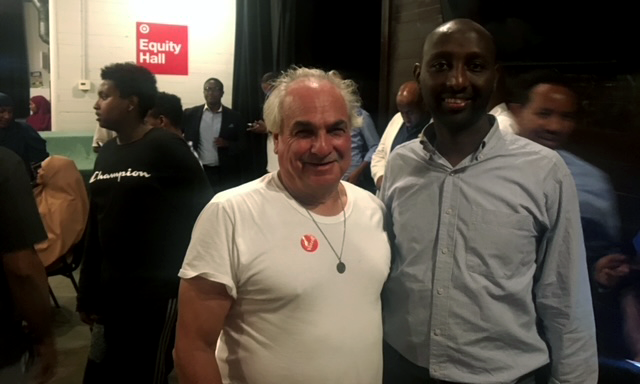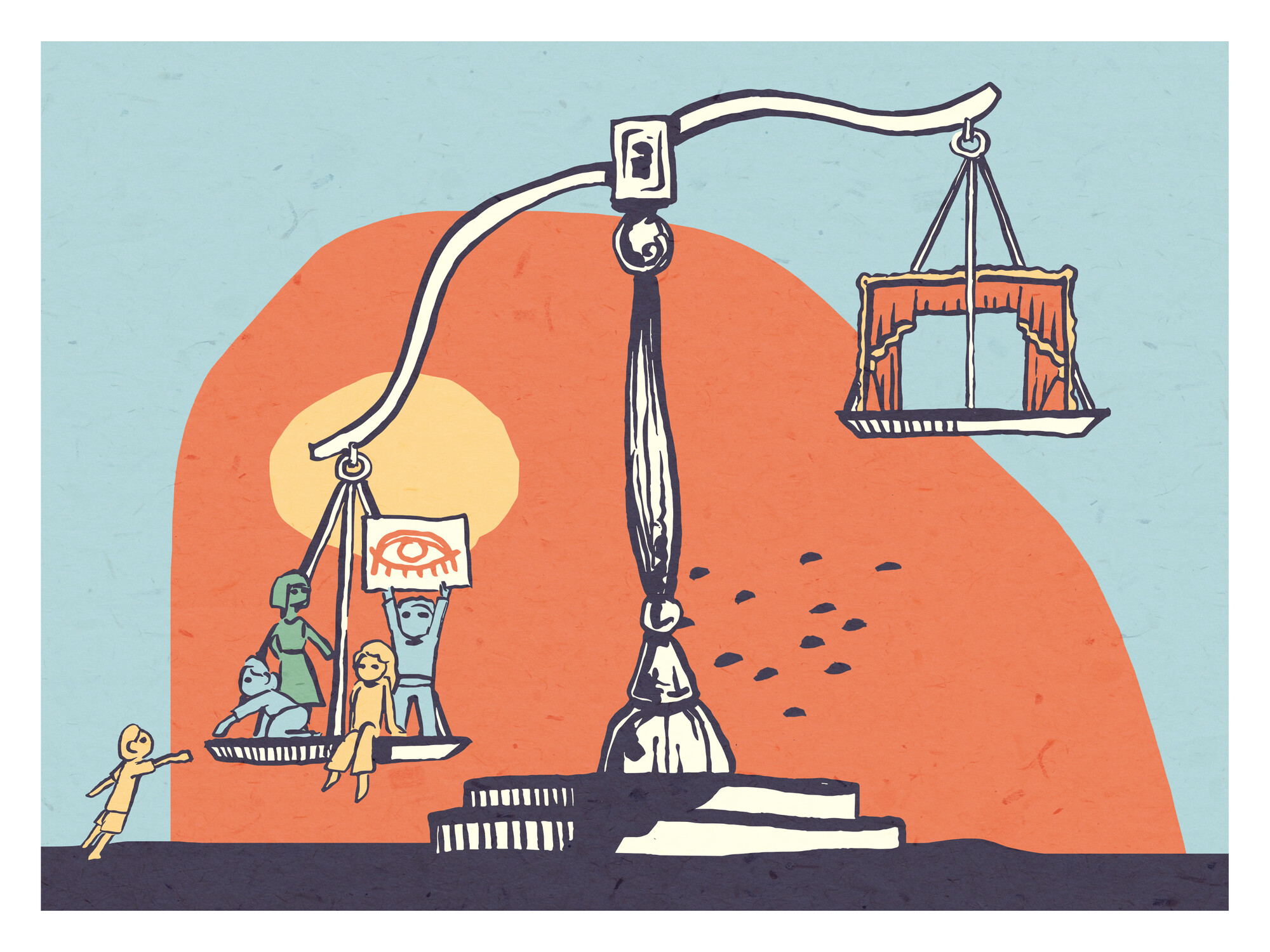The death of theatre has long been predicted. When films—especially talkies—were invented, people thought theatre would perish. When broadcast TV arrived, the funeral was planned. When cable and VCRs hit the market, the death knell was again sounded. The internet, it was hypothesized, would be the final nail in the coffin. VR and AR were the latest plagues to threaten. But time after time, theatremakers have all been certain we’d find a way to morph and even benefit from new technology. And now will this pandemic not seal our fate as archaic? It may just be the great equalizer.
The Ecosystem of the American Theatre Has Been Turned Upside Down
Theatres with lovely large venues, lots of seats, and the wherewithal to attract large numbers of people to pay large amounts of money to view virtuosic work may now be at the bottom of the theatrical food chain. Meanwhile, nimble, itinerant companies that don’t rely on ticket sales for viability may surface as the new sages. Stages, seats, performances, and intimacy-through-proximity—once theatre’s calling card—are the same elements that threaten to render us obsolete.
COVID-19 is the great disruptor, forcing long overdue introspection and reinvention. The movements for equity spawned by the death of George Floyd, ten blocks from my Minneapolis home, demand the magnification of that reinvention.
I have long surmised that that which has been labeled “site-specific work” or “vanity theatre” or “novelty performance art” will occupy a greater proportion of our art form’s offerings. COVID has accelerated that process. “Venues” are omnipresent and can be found everywhere, and the agile landless performance companies will be revealed to sit atop a new pyramid. “Imagination is the beginning of creation. You imagine what you desire, you will what you imagine, and at last, you create what you will,” said George Bernard Shaw.
We unnecessarily segregate our canon-based, improvisers, devisers, and ensemble players. It’s time to stop that. The art will look different. Can we embrace the notion that plays may get in the way of theatre or that theatres may get in the way of theatre?





Comments
The article is just the start of the conversation—we want to know what you think about this subject, too! HowlRound is a space for knowledge-sharing, and we welcome spirited, thoughtful, and on-topic dialogue. Find our full comments policy here